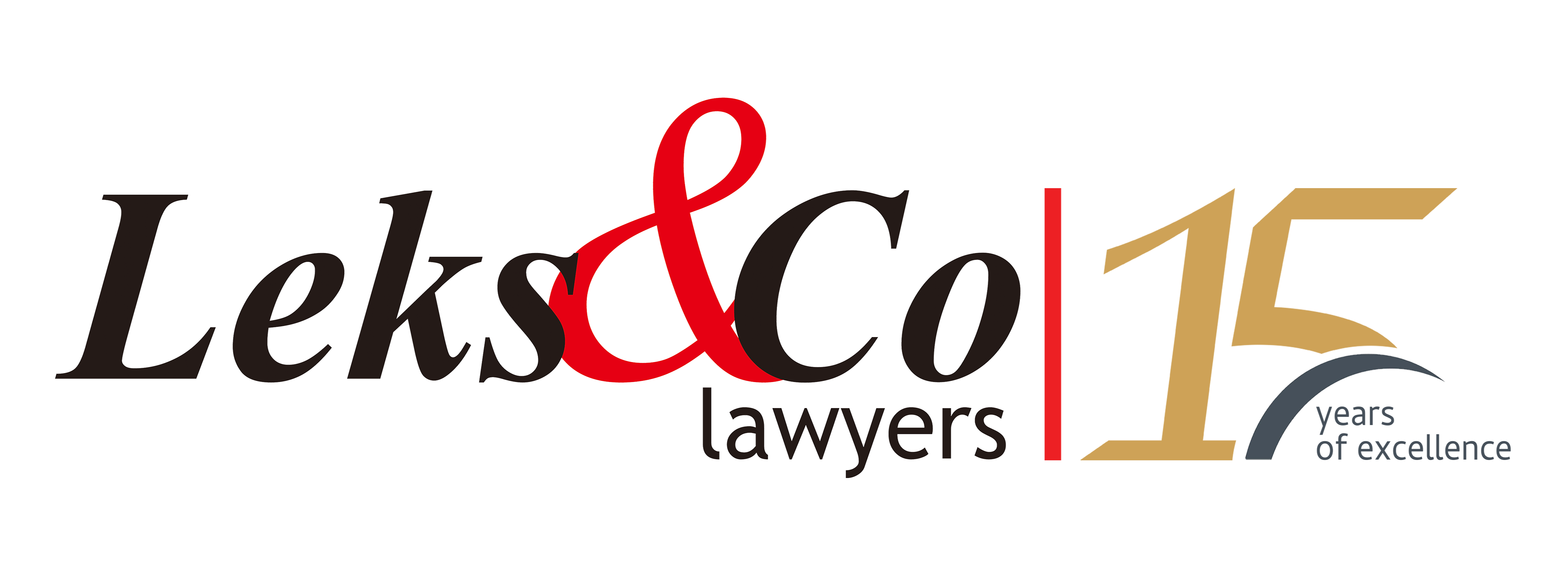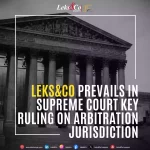Under article 39 and 42 of Law number 22/2001 the foster and supervision of petroleum and natural gas-related business activities are arranged. In this context it is necessary to stipulate Regulation of the Minister of Energy and Mineral Resources on Provisions and Procedure for Employing Foreign Manpower and Developing Indonesian Manpower in the field of Natural Oil and Gas (hereinafter referred to as: ‘Regulation No. 31/2013’). This Regulation comes to force on the date it is enacted, which is 24 October 2013.
Definitions
Foreign Manpower ( ‘TKA’) means a Foreign Citizen who is employed within Natural Oil and Gas Business Activities in the Republic of Indonesia. Indonesian Manpower ( ‘TKI’) means an Indonesian Citizen employed within that industry.
The Foreign Manpower Use Plan (‘RPTKA’) means a plan formulated by the provider of TKA for a certain period of time. A Permit to employ Foreign Manpower ( ‘IMTA’) shall be granted by the Minister to practice the administration matter on manpower.
Use of TKA
Tthe use of TKA must be with consideration of the principles of efficiency, effectiveness and benefit [1]. Paragraph (3) contains a list of positions that may not be filled-in by TKA:
· Personnel affairs;
· Legal;
· Health and Safety Environment
· Supply chain management, covering procurement, material and logistic;
· Quality control, also including inspection activity
· Structural term of office in exploration and exploitation fields operating under superintendent level or equivalent structural term of office.
Also prohibited is employing a TKA for more than 1 term of office.
There are some requirements that any TKA is obliged to comply with [2]. It is required, for example, to have education according to the required qualification, have 5 years working experience according to the term of office he/she applies, be at least 30 years old and maximum 55 years old and to comply with the standard of work competence. Lastly, it is required that the employee can communicate in Indonesian language. Exemption of the above-mentioned may be given in exceptional cases.
Procedure and requirements to obtain RPTKA Recommendation
The Business Entity or Associate Company intending to employ TKA needs to submit a written application for recommendation for RPTKA to the Director General. The Director General shall again respect the principles of efficiency, effectiveness and benefit. The recommendation for approval or rejection must be granted within a period of 10 working days. If approved, the recommendation will be granted for a maximum of 5 years.
Procedure and requirements obtained recommendation for IMTA
The RPTKA as mentioned above shall be the basis for the application for the recommendation of IMTA. The Director General shall evaluate the application for recommendation for IMTA. The recommendation must be granted within a period of 10 working days. It shall be granted for maximum 1 year and may be extended. Any TKA that has obtained IMTA and has worked for 4 years, is prohibited to apply for extension of IMTA, unless for members of the Board of Directors during their term of office.
Obligatory transfer of technology and development of TKI
It is obliged under this Regulation to transfer technology and knowledge from TKA to TKI and conduct development of the TKI in the company.
Reporting
An annual report needs to be submitted to the Director General concerning:
· Implementation of transfer of technology and knowledge
· Implementation of international manpower exchange and overseas assignment programs
· Implementation of an apprentice program for TKI who just started
· Data on the manpower strength, such as sex, education, age, etc.
Management and supervision
The director General shall be in charge for management and supervision on the implementation of TKA and development of TKI.
Administrative penalty
If someone will violate the provisions of Regulation No. 31/2013 an administrative penalty will be given. This penalty shall be in the form of:
· A written reminder; and/or
· Submitting a request for revocation of the RPTKA and/or IMTA.
[1]Article 2 of Regulation No. 31/2013
[2]Article 7 of Regulation No. 31/2013








